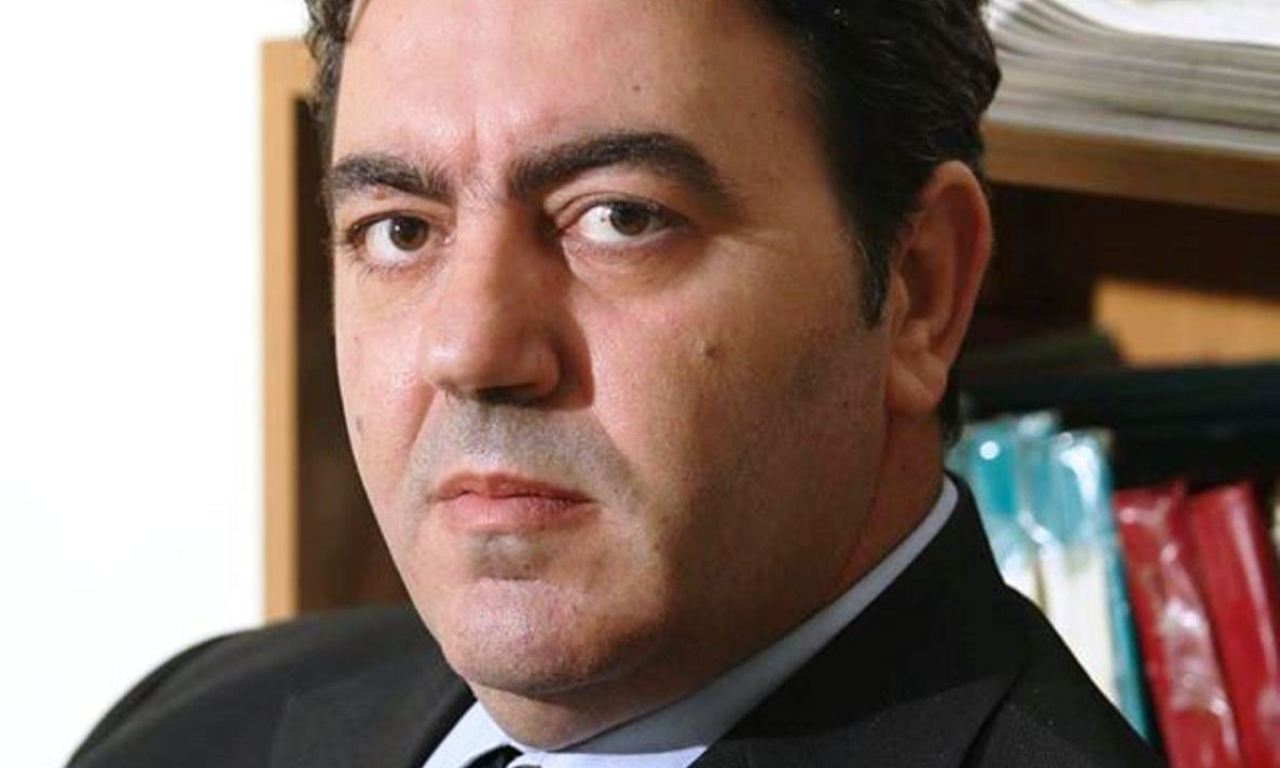
By Plator Nesturi
In the first meetings of the governing cabinet, Prime Minister Rama announced the priorities of the first 100 days of the new term in office of the socialist majority. The main priorities of the Ministry for Europe and Foreign Affairs also include the launch of accession talks with the EU. This is no simple task, at a time when rumors for the suspension of the enlargement process have expanded in the continent and different countries seem to have lost the unity that they had in the past. However, we must also read the EU’s progress report and see to what extent has Albania delivered its objectives on its path to harmonizing its laws and democratic processes to EU standards. For now, we seem to be in the EU’s frontier and we’re just waiting for the custom’s barrier to be raised in order to continue our journey. But is this a simple formality? Albania and Albanians are an inseparable part of the community of countries and nations that make up our old European continent. The European affinity that Albanians have and the success model of democracies in countries of Western Europe, have inspired Albania not to be just a natural part of the geographical and historical framework, but to become an integral part of the current community and the new European identity. For Albania and Albanians, the European Union means more security, more economic stability and as a result, more prosperity. Almost 95% of Albanians want the country to enter the European Union as soon as possible. We must be one of the most Europhile countries of the continent. For this reason, seeing the great desire that Albanians have for Europe, our political class has abused with the country’s accession in the EU for 27 years. A question naturally arises: When will Albania enter the EU? Since its foundation in 1957 (with the first six members: Germany, France, Italy, Belgium, Luxembourg and Holland), the European Union has gone through 6 small and large expansion. The first one was in 1973 (with Denmark, England and Ireland), the second one in 1981 with Greece, the third one in 1986 (with Spain and Portugal), the fourth one in 1995 (with Austria, Sweden and Finland). The fifth enlargement of the European Union went through two phases: the first one in 2014 with 10 countries and this marks the biggest enlargement of its history (with Czech Republic, Slovakia, Slovenia, Cyprus, Hungary, Malta, Poland, Estonia, Latvia and Lithuania) and the second one in 2007 (with Romania and Bulgaria). The sixth and last enlargement occurred when Croatia became the 28th member country of the large European family. Although it currently finds itself in the peak of an economic and political crisis, the European Union has a plan and vision, which is not always clear, on the future and its expansion. Therefore, bearing in mind the different enlargement processes that have taken place so far in the EU and bearing in mind that five countries have been granted the associate member status before us (Montenegro, Macedonia, Serbia, Iceland and Turkey), it’s hard to think that Albania may join the EU before 2020.
Albania has great economic interests which are closely and directly linked to the European Union. In 2013, Albania received from the European Union a fund of 95 million euros to improve the capacities of Albanian police in the fight against organized crime and the traffic of humans along with border control. On the other hand, this fund has also been allocated for a responsible judicial system, independent and effective. A part of the aid goes for the public administration. The European Union is aiming to turn the Albanian administration into a professional one, depoliticized and free of corruption, driven by transparency and employing people based on merit. The rest of these 95 million euros go for transport, environment, social and agricultural development. Once the country became a candidate member, this amount was tripled. These are net benefits, which Albania doesn’t have the luxury of not having. Since the beginning of 2000’s Albania has benefited from the autonomous economic and trade measures applied by the European Union. Trade between Albania and the EU was expanded thanks to the interim agreement which took effect on 1 December 2006. Once the Stabilization and Association Agreement (SAA) took effect on 1 April 2009, we had a growth of trade volume between Albania and the EU. The European Union is and remains Albania’s biggest trade partner. In 2009-2010, trade volume with the EU accounted for 80% of Albania’s total volume of trade. In this period, Albania’s exports toward the EU were estimated to be around 700 million euros, while imports from the EU amounted to 2,2 billion euros. Production of textiles and clothes make up the largest part of Albania’s exports for the EU. So, the European Union remains and will always be Albania’s strategic economic and trade partner. The EU remains the only destination for a better future, therefore, the projects for the creation of a regional community of a joint market, will only bring confusion and will be a waste of time for an economy such as ours, which for years has been driven toward EU markets and not toward international regional markets. So, the launch of accession talks remains a long shot. However, it is the only alternative which needs to be pursued. And in this path, we need to do our homework for a more functional democracy and the rule of law, by fighting organized crime and widespread corruption.
Note: The views expressed in this article are the author's own and do not necessarily reflect Albanian Free Press’ editorial policy




 ALB
ALB
 ENG
ENG
